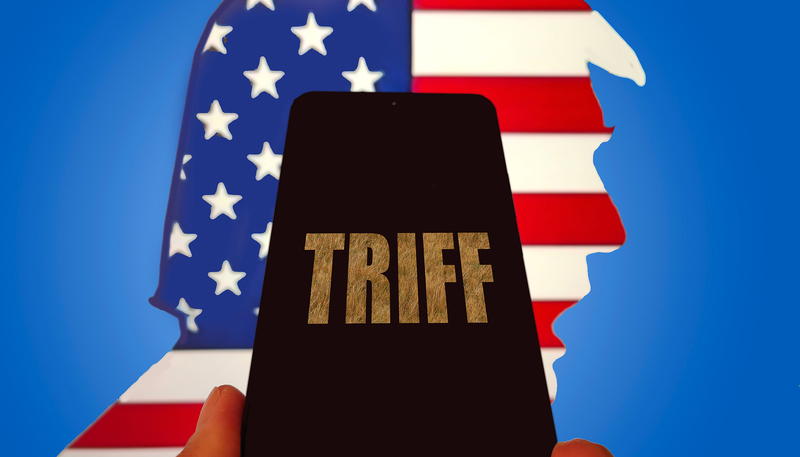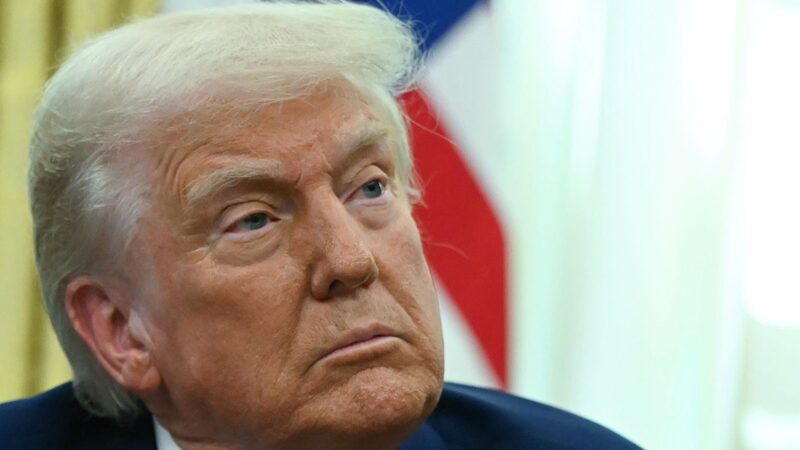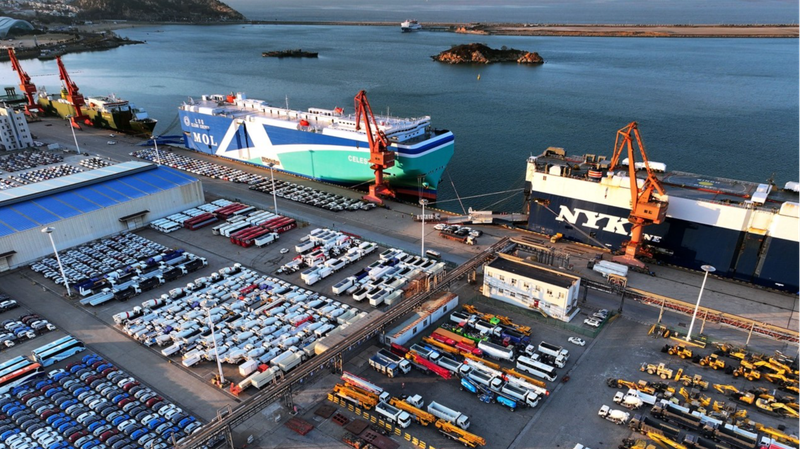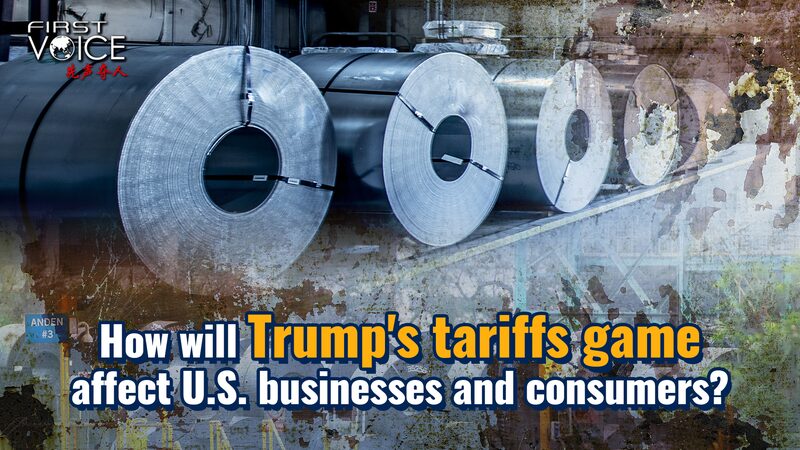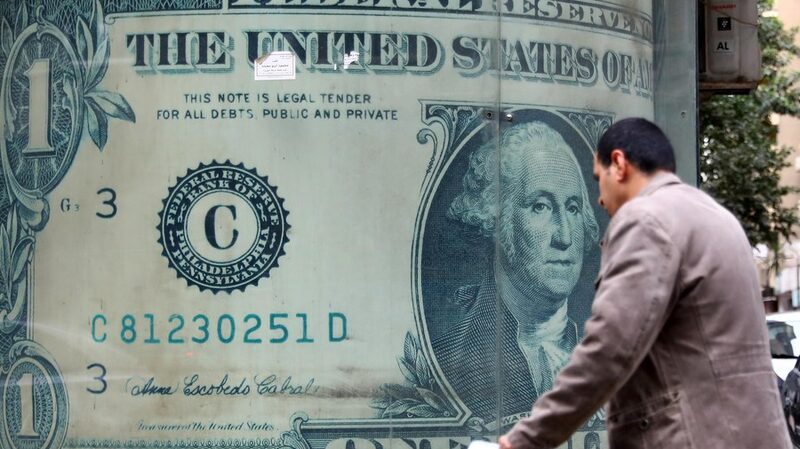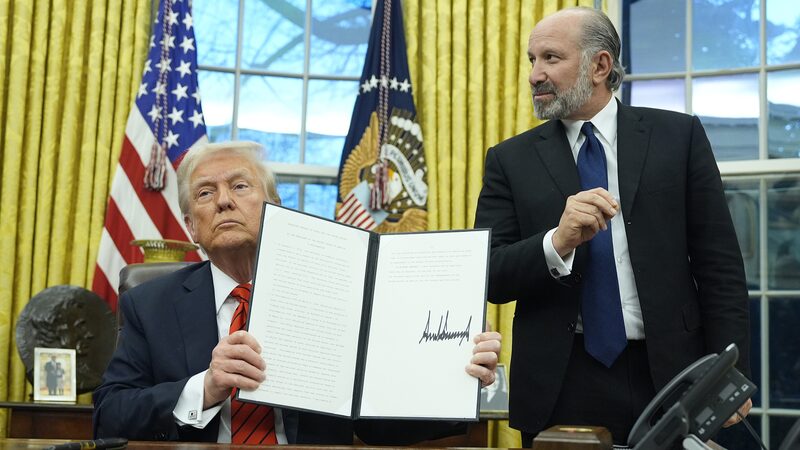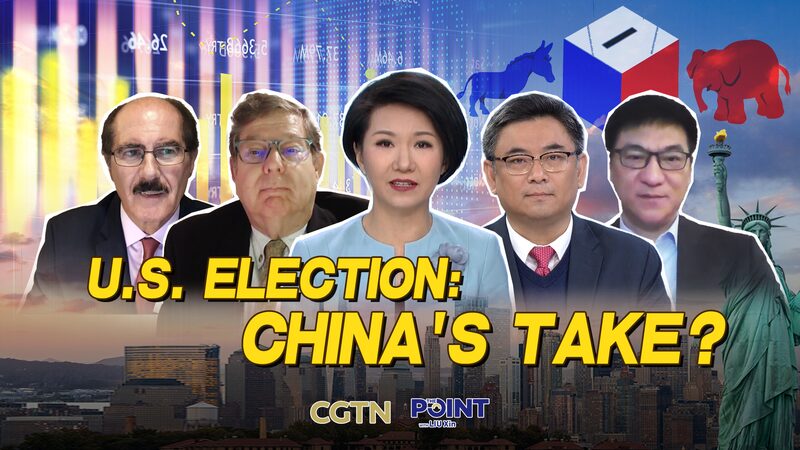Recent U.S. tariffs imposed by former President Donald Trump have reignited tensions in Washington-London relations, casting uncertainty over the UK's economic priorities and its self-styled role as a transatlantic bridge. With tariffs targeting steel, aluminum, and cars—and potential levies on pharmaceuticals looming—the measures threaten to add pressure to the UK's already sluggish economic growth.
Prime Minister Keir Starmer's administration had hoped to negotiate a compromise, potentially involving concessions on the Digital Services Tax opposed by U.S. tech giants. However, the lack of progress underscores a growing dilemma: balancing historical allegiance to Washington with pragmatic economic realities.
Analysts warn the tariffs expose a deeper contradiction in UK policy. While economic studies suggest prioritizing closer EU trade ties could yield far greater benefits, the Labour government continues to emphasize its U.S. partnership. This approach risks alienating European allies, who increasingly suspect London of prioritizing Washington over Brussels.
David Henig, Director of the UK Trade Policy Project, notes the political tightrope: 'Public skepticism toward U.S.-centric strategies persists, reminiscent of debates during the Iraq War and Brexit. The government's "bridge" narrative faces stress tests as trade priorities collide.'
With fears of retaliatory measures and doubts over growth strategies, the tariff dispute highlights broader questions about globalization's future and the UK's diplomatic identity in an era of shifting alliances.
Reference(s):
cgtn.com
